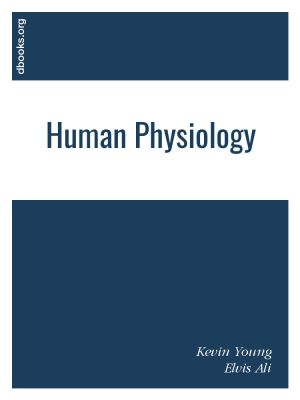
Physiology - The word physiology is from the Ancient Greek (phusiología) and it is the study of how organisms perform their vital functions. An example is the study of how a muscle contracts or the force contracting muscles exert on the skeleton. It was introduced by French physician Jean Fernery in 1552. Physiology is built upon a tripod of scien...
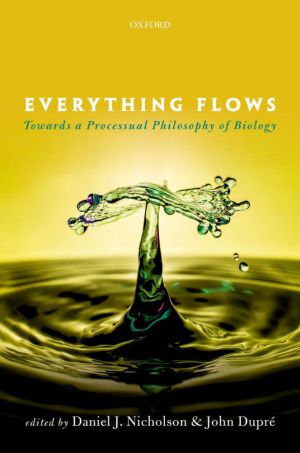
Everything Flows explores the metaphysical thesis that the living world is not made up of substantial particles or things, as has often been supposed, but is rather constituted by processes. The biological domain is organised as an interdependent hierarchy of processes, which are stabilized and actively maintained at different timescales. Even enti...
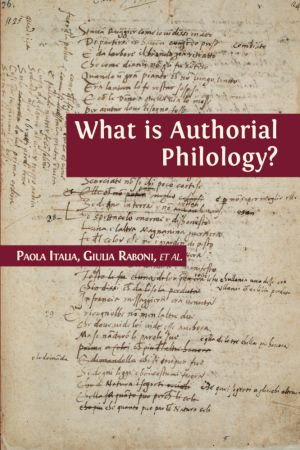
A stark departure from traditional philology, What is Authorial Philology? is the first comprehensive treatment of authorial philology as a discipline in its own right. It provides readers with an excellent introduction to the theory and practice of editing 'authorial texts' alongside an exploration of authorial philology in its cultural ...

The diversity of musical expressions throughout the world is vast. Music can be found in every corner of the globe in a variety of different contexts.
This open book provides just a small sampling of some of the various musical styles and traditions that might be found, though the skills developed in this course can be applied to any type of mus...
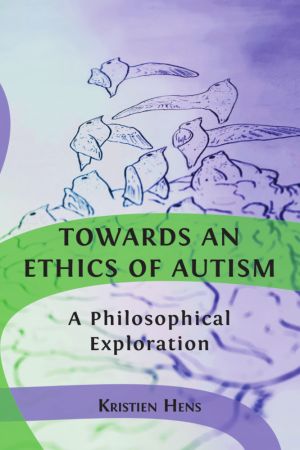
What does it mean to say that someone is autistic?
Towards an Ethics of Autism is an exploration of this question and many more. In this thoughtful, wide-ranging book, Kristien Hens examines a number of perspectives on autism, including psychiatric, biological, and philosophical, to consider different ways of thinking about autism, as well as it...
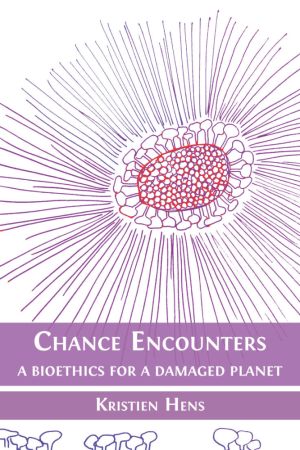
In this rigorous and necessary book, Kristien Hens brings together bioethics and the philosophy of biology to argue that it is ethically necessary for scientific research to include a place for the philosopher. As well as ethical, their role is conceptual: they can improve the quality and coherence of scientific research by ensuring that particular...
